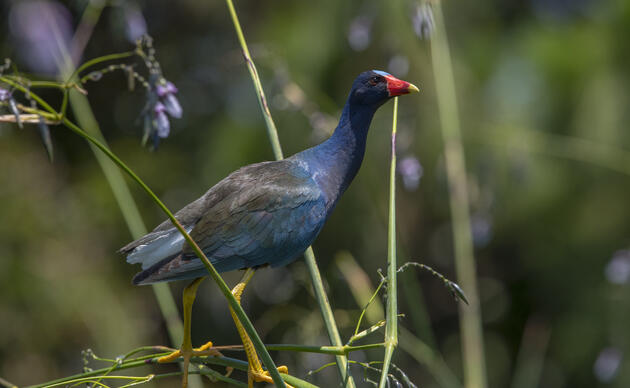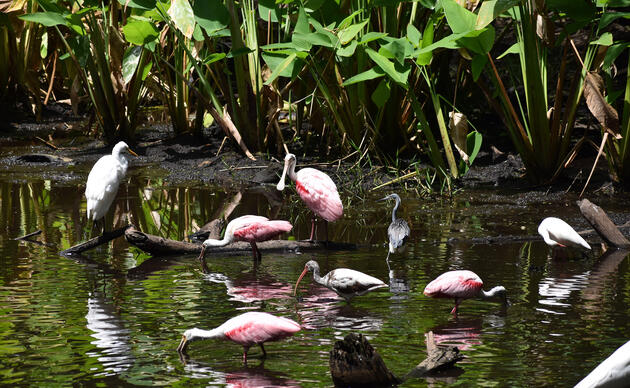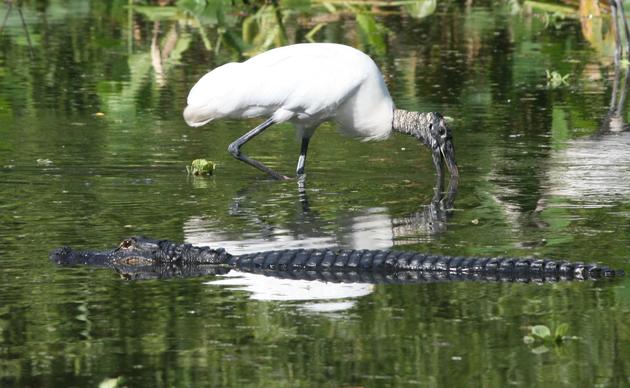The baldcypress leafroller is a moth that consumes the leafy canopy of bald cypress trees. While considered native across part of the bald cypress’ range, the moth became a problem in Louisiana in the 1980s. Their numbers exploded in areas that were experiencing increased saltwater flooding and by quickly eating through the tree canopy, they caused widespread tree dieback.
Kristy McAndrew, a PhD student at Mississippi State University, is conducting a study to determine where the leafroller lives. By using insect traps designed for capturing moths, the study aims to confirm the presence of the insect across a wider range - including in Florida, where it has not been documented. The study is also being conducted at sites in Mississippi, North Carolina, South Carolina, Georgia, Missouri, Arkansas, Tennessee, Virginia, Maryland, Louisiana, and Texas.
According to McAndrew, by better defining the range of the baldcypress leafroller, forest managers can be better prepared for future outbreaks. Because Audubon manages the largest old-growth bald cypress forest remaining in the United States, Corkscrew Swamp Sanctuary is the perfect research site.
The study uses two different types of traps: a UNI trap and a delta trap baited with baldcypress leafroller pheromones, which are natural chemicals that specifically attract baldcypress leafrollers and minimize the impact on other insects.
In late February, a few weeks after the trees began budding, Audubon Research Technician Alex Meinders worked with McAndrews to identify the best locations for the study and set the insect traps. Meinders also emptied the traps once a week and stored the contents in the freezer until the end of the study period, when the traps and contents will be returned to McAndrew for analysis. This is the second year that McAndrew has set traps at the Sanctuary — so far, there have been no baldcypress leafrollers captured. Audubon looks forward to continuing to support this unique and important study.
The mission of Audubon Florida and the National Audubon Society is to conserve and restore natural ecosystems, focusing on birds and other wildlife for the benefit of humanity and the earth's biological diversity, especially under the threat of a changing climate. Corkscrew Swamp Sanctuary supports natural science research, provided that these studies enhance understanding of the Sanctuary's natural resources, processes, and values. Scientific research and collecting permits are required by all individuals seeking to conduct scientific studies in Audubon's Corkscrew Swamp Sanctuary.



